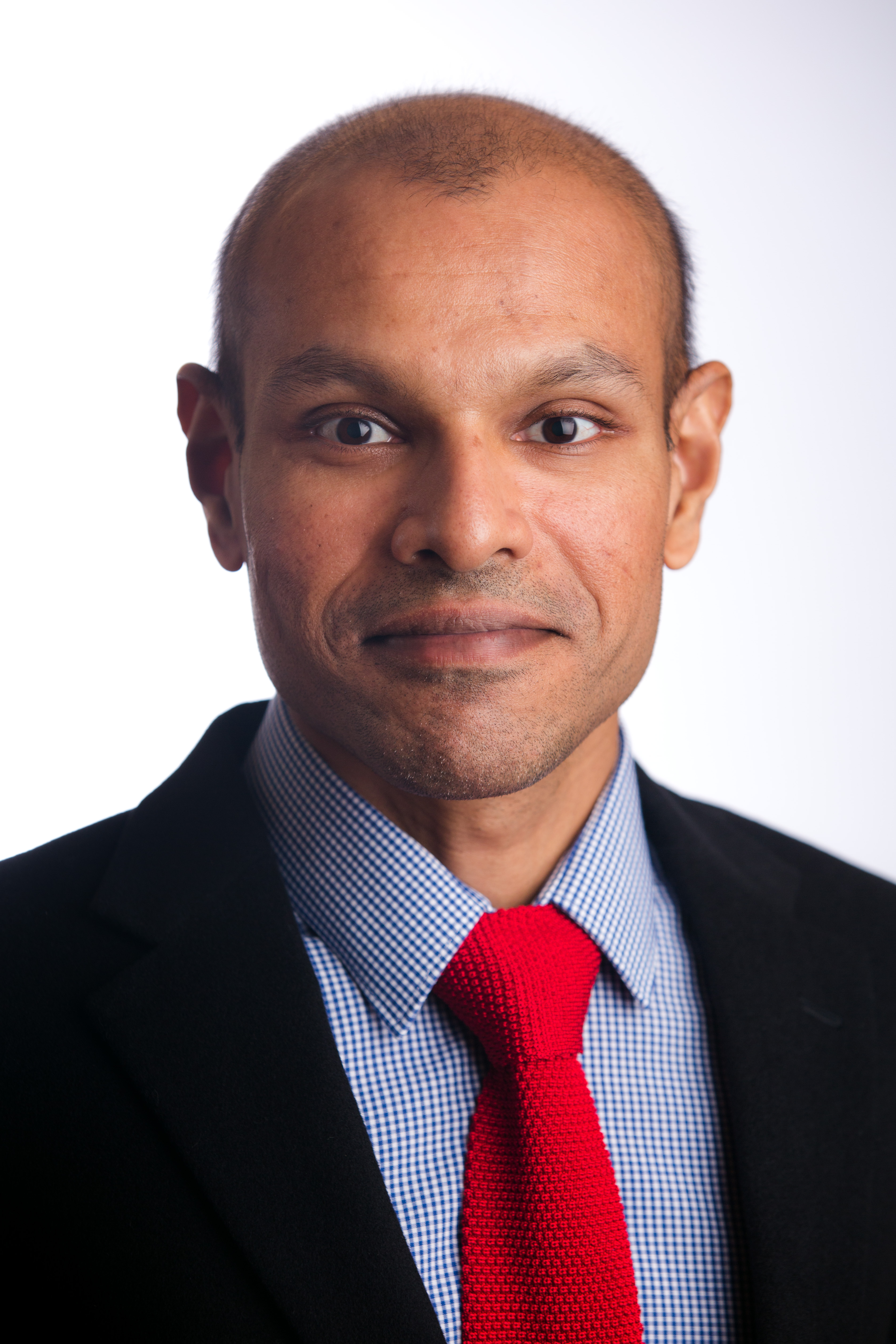
Satesh Bidaisee
Satesh Bidaisee is an Associate Professor of Public Health and Preventive Medicine and Assistant Dean for Graduate Studies at St. George’s University, Grenada. Satesh is a graduate of the University of the West Indies, St. George’s University, and the University of Sheffield. Satesh is board certified by the United States National Board of Public Health Examiners, and holds Fellowships to the Royal Society of Biology, Royal Society of Public Health, Royal Society of Tropical Medicine and Hygiene and Windward Islands Research and Education Foundation. Satesh supports One Health One Medicine through his education of medical and graduate students, research on zoonotic and food borne diseases and service to international one health organizations. Satesh also engages One Health One Medicine by writing and, believe it or not, singing about it!

